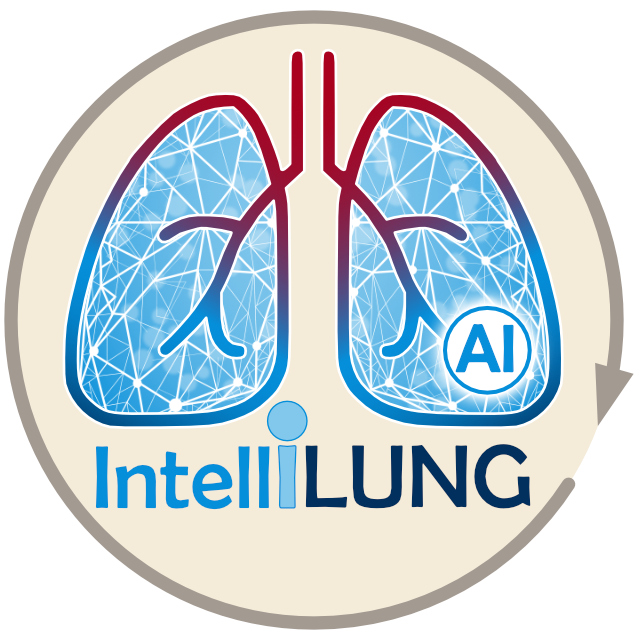Artificial Intelligence to help optimize ventilation for intensive care patients
Mechanical ventilation represents one of the most relevant therapies to support organ function in the intensive care unit, as well as in the operating room. Inappropriate mechanical ventilation settings in intensive care patients are associated with organ damage. Currently, there are different strategies to protect the lungs from injury by the ventilator. Yet, settings may differ substantially regarding to the mechanical energy transferred to lungs, and its distribution across the parenchyma. Artificial intelligence can be used to learn from experts in mechanical ventilation in an attempt to accomplish lung support with reduced risk of damage.
About
Invasive mechanical ventilation is one of the most important and life-saving therapies in the intensive care unit (ICU). In most severe cases, when mechanical ventilation alone is insufficient, extracorporeal lung support is initiated. However, mechanical ventilation is recognised as potentially harmful, because inappropriate mechanical ventilation settings in intensive care unit patients are associated with organ damage, contributing to disease burden. Studies revealed that mechanical ventilation is often not properly provided despite clear evidence and guidelines. Variables at the ventilator and extracorporeal lung support device can be set automatically using optimization functions and clinical recommendations, but the handling of experts may still deviate from those settings depending upon clinical characteristics of individual patients. Artificial intelligence can be used to learn from those deviations as well as the patient’s condition in an attempt to improve the combination of settings and accomplish lung support with reduced risk of damage. Furthermore, treatment decisions by the healthcare providers, especially regarding mechanical ventilation and extracorporeal lung support, often remain incomprehensible to the patients and their relatives, since flow of information from caregivers to patients is challenged by a number of factors, including limited time and resources, communication problems as well as patients capacity to comprehend and memorise information.
Facts and figures
Coordinator: TU Dresden
Number of Partners: 13
Start Date: September 1, 2021
End Date: August 31, 2027
Total Funding: around € 5.98 million
This project has received funding from the European Union’s HORIZON European Health and Digital Executive Agency (HaDEA) under grant agreement No. 101057434.

Funded by the European Union. Views and opinions expressed are however those of the author(s) only and do not necessarily reflect those of the European Union. Neither the European Union nor the granting authority can be held responsible for them.


